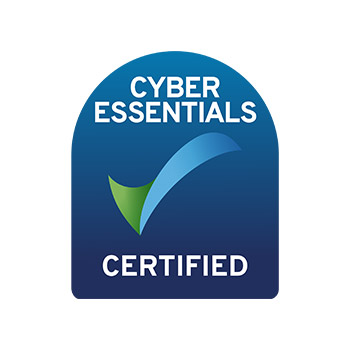Hiring an apprentice
We’ll guide you on what’s involved at each stage of an apprenticeship and your role and responsibilities as an employer.
Request a callbackEmpower your staff
Providing your team with relevant, growth-focused training has never been easier.
Investing in training your team has numerous advantages: it not only enhances performance and productivity but also fosters a supportive work environment, boosts job satisfaction, and motivates employees to pursue long-term career goals.
Our apprenticeships offer an accessible and cost-effective way to train within your workplace. Developed with industry experts, our programs are specifically designed to equip your employees with the skills needed to excel in their roles within Legal, Finance, Accounting, Early Years and Business Administration.

How do apprenticeships work for employers?
Apprenticeships boost productivity, increase employee engagement, promote diversity and inclusion, and support talent retention.

Step 1 – Onboarding
Our onboarding team creates your tailor-made induction plan, manages the formal paperwork needed, and even helps you get set up with the Digital Apprenticeship Service.

Step 2 – Performance boosting training and coaching
Industry-qualified coaches and tutors bring their firsthand expertise to teaching to make delivery current and relevant, with learners developing their skills in practical scenarios.

Step 3 – Off-the-job training and e-portfolio development
Our Performance Coaches work with employers to develop projects directly linked to business goals, offering apprentices real-world practice and maximising impact in their role.

Step 4 – Maximising learner’s potential
SNE’s quality assurance team thoroughly reviews every apprentice’s portfolio of work to identify opportunities for enrichment to achieve the highest grade possible.

Step 4 – End Point Assessment
Apprentices only proceed to End Point Assessment when they’re 100% ready for success. Our programmes include EPA preparation sessions personalised precisely to individual assessments.
Apprenticeship rules for employers
As an employer, understanding your responsibilities and how best to support your apprentices is key to apprenticeship success. Here are some of your core responsibilities as an employer – and how we’ll help you fulfil them every step of the way.
Choose the right apprenticeship standard
We’ll match the right Apprenticeship Standard to your needs so your apprentices can carry out the occupational duties required and ensure you feel the impact straightaway.
Workplace mentoring
Our Performance Coaches work directly with your line managers to create work-based projects that are tailored to your business objectives and help apprentices apply their newly developed skills immediately.
Monitor progress
Our performance tracker allows managers to see performance in plain sight – keeping them up to speed with all the relevant information to manage every apprentice, observe their progress and create better outcomes.
Your checklist
To employ an apprentice they must:
- Be aged 16 or over
- Be employed in a relevant role, but not in any other form of full-time education
- Have the right to work in England
- Work a minimum of 30 hours per week, including study time
- Spend at least 50% of their working hours in England throughout the apprenticeship
- Be working towards an approved and recognised Apprenticeship Standard
- Have a formal contract of employment with the same statutory employment rights as all other employees
- Be paid in line with the Apprentice National Minimum Wage




